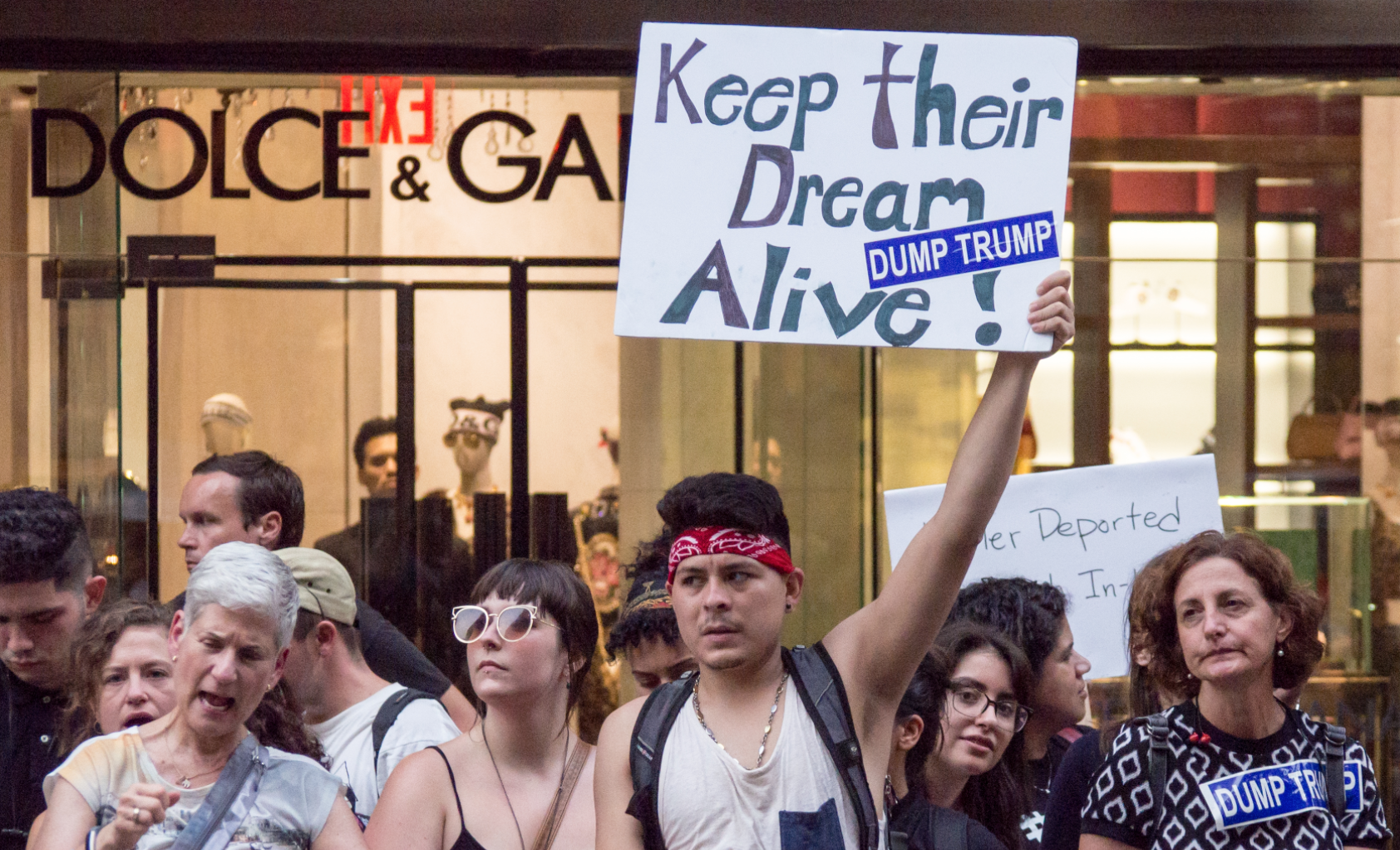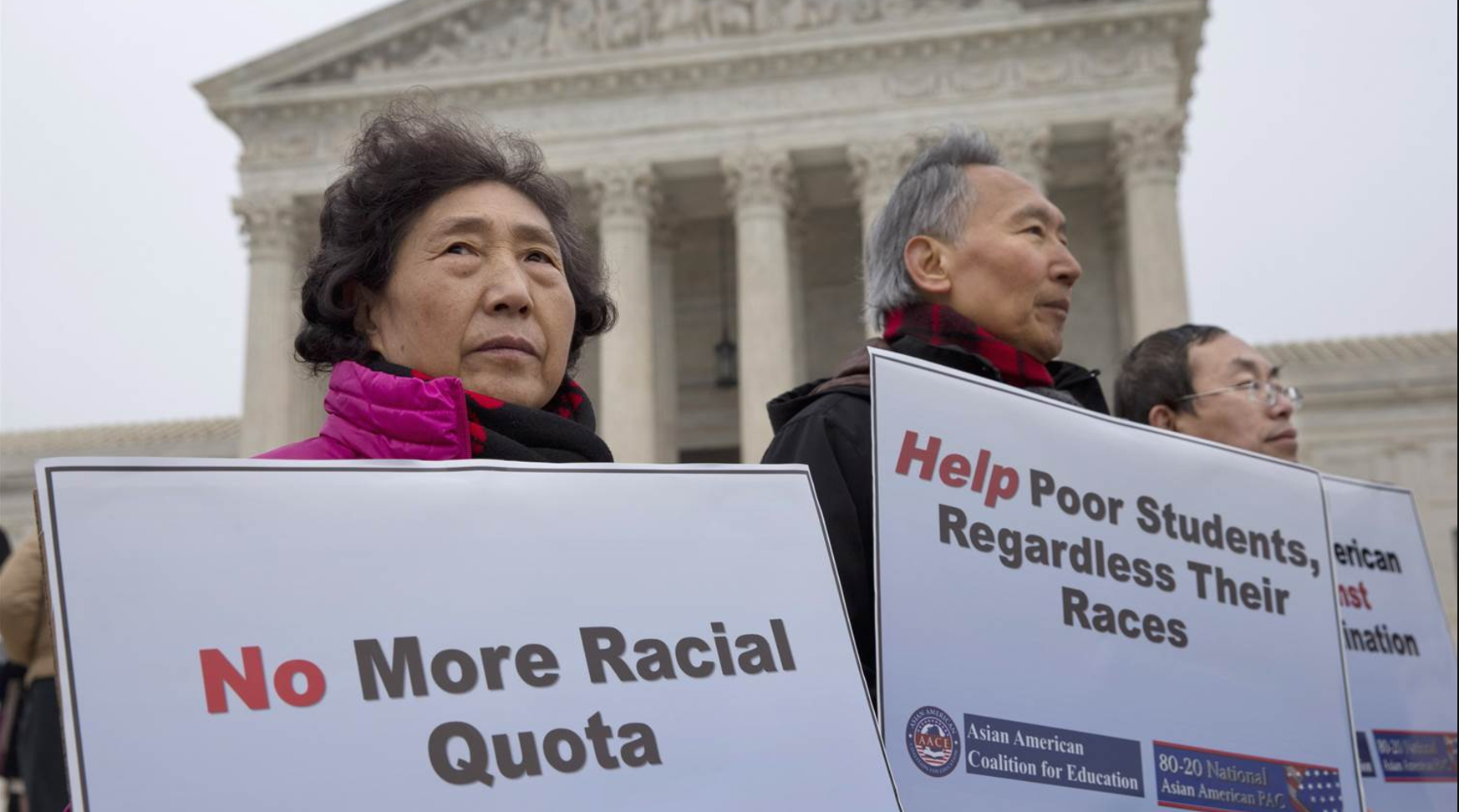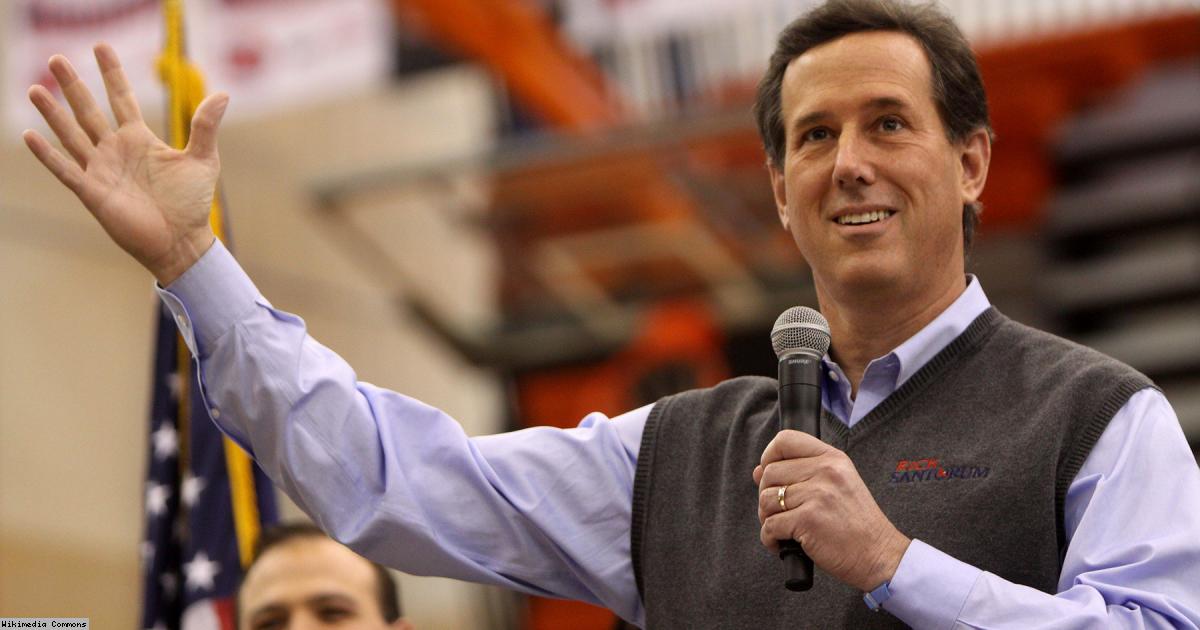Politics
KRAVITZ’S KORNER | Trump Was Right To End DACA
|
President Donald Trump is in many ways the antithesis of former President Barack Obama. In the beginning months of his presidency, Trump has attempted to do away with many of Obama’s signature policies, including the Patient Protection and Affordable Care Act, the Paris Climate Accord, and the Deferred Action for Childhood Arrivals (DACA) program. Trump’s recent decision to end DACA has come under fire for endangering childhood illegal immigrants. Much of this criticism, however, is misguided, since the termination of DACA restores the limiting of Constitutional powers while motivating Congress to pass robust immigration reform. DACA was introduced by Obama after the Senate failed to pass the DREAM Act—legislation that would have provided a pathway to citizenship for alien minors.









